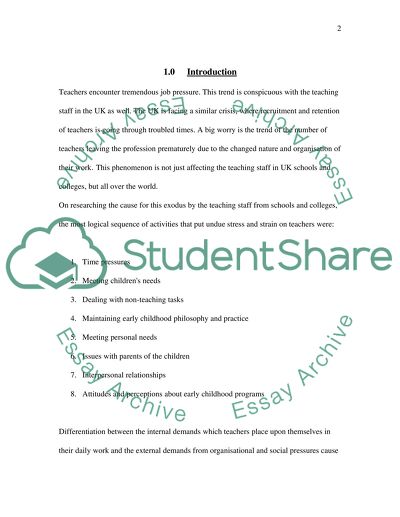Cite this document
(“Meeting the psychological needs of teaching staff Essay”, n.d.)
Meeting the psychological needs of teaching staff Essay. Retrieved from https://studentshare.org/miscellaneous/1538817-meeting-the-psychological-needs-of-teaching-staff
Meeting the psychological needs of teaching staff Essay. Retrieved from https://studentshare.org/miscellaneous/1538817-meeting-the-psychological-needs-of-teaching-staff
(Meeting the Psychological Needs of Teaching Staff Essay)
Meeting the Psychological Needs of Teaching Staff Essay. https://studentshare.org/miscellaneous/1538817-meeting-the-psychological-needs-of-teaching-staff.
Meeting the Psychological Needs of Teaching Staff Essay. https://studentshare.org/miscellaneous/1538817-meeting-the-psychological-needs-of-teaching-staff.
“Meeting the Psychological Needs of Teaching Staff Essay”, n.d. https://studentshare.org/miscellaneous/1538817-meeting-the-psychological-needs-of-teaching-staff.


